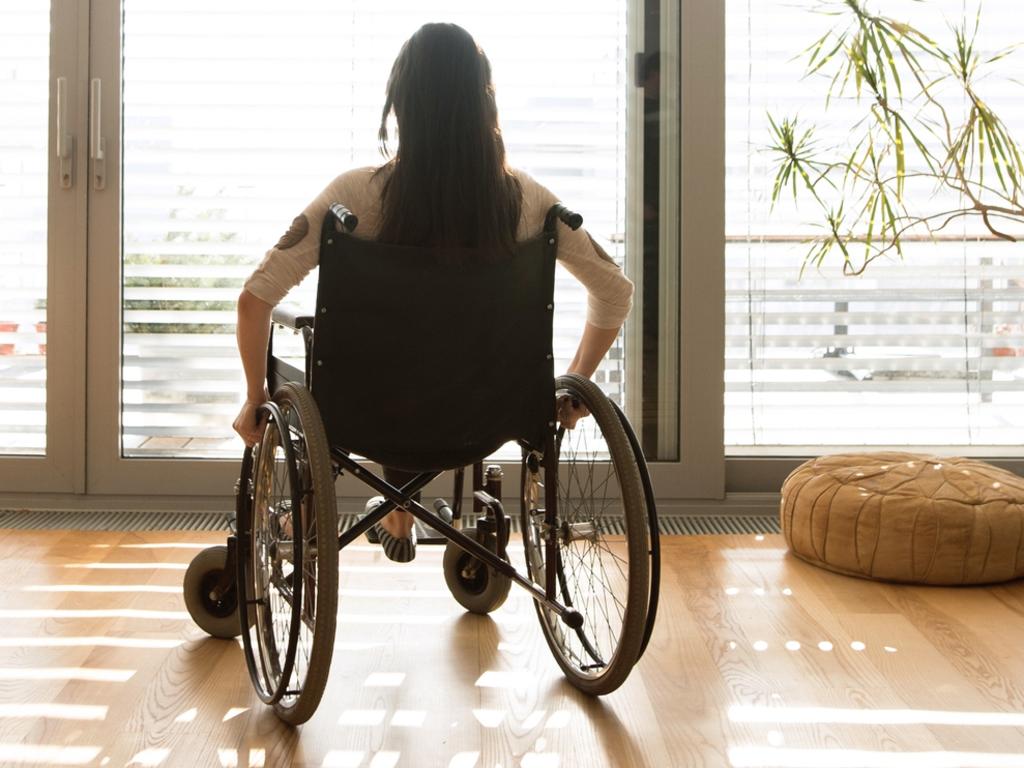Hannah Friebel’s death prompts calls for better protection of NDIS participants
The suicide of 27-year-old Hannah Friebel following the order from the NDIS that she repay $28,000 in rejected claims has triggered calls for ‘stronger protections’ for participants.

The suicide of 27-year-old Hannah Friebel following an order from the National Disability Insurance Scheme that she repay $28,000 in rejected claims has triggered calls from disability advocates and the Greens for legislation being debated in parliament to implement “stronger protections” for participants, while ensuring the agency’s systems don’t “fail the people they were meant to support”, as was the case with the Coalition’s Robodebt scandal.
While the National Disability Insurance Agency has made clear its debt recovery processes are not automated, as was the Robodebt welfare scheme, Greens disability spokesman Jordon Steele-John said the risk of suddenly raising significant debts against vulnerable Australians was the same.
“We’ve seen the harm Robodebt did to Centrelink recipients, the ongoing damage to their mental health and the loss of their lives. We simply can’t let history repeat itself for disabled people relying on the NDIS,” he said.
“I have heard from legal experts and the disability community of their deep concerns over the NDIA expanding its ability to raise debts against participants. That’s why the Greens are moving amendments to NDIS legislation to ensure if a debt is raised, there are robust processes for appeal.”
The Australian revealed on Monday how the $28,000 debt raised against Friebel triggered a “downward spiral” that saw her make three attempts on her life, the last succeeding in April.
Despite acknowledging the NDIA had been moving towards pausing the debt collection, Friebel’s parents, John and Jennie, said the processes had been too slow.
Children and Young People with Disability Australia chief executive Skye Kakoschke-Moore said the case showed why the NDIS legislation being considered in parliament this week needed to “prioritise the wellbeing of NDIS participants and ensure that no one is left vulnerable or at risk”.
“We’ve seen before, with the Robodebt scandal, the devastating consequences … when complex systems fail the people they were meant to support,” she said. “Market regulation must be designed with the interests of children and young people with disability, and their families, at the forefront.”
NDIS Minister Bill Shorten extended his sympathies to the Friebel family in their time of “unimaginable grief” and said he was committed to improving the scheme through measures like those in the draft legislation.

The government’s legislation, which Mr Shorten is optimistic will pass in this sitting fortnight, seeks to implement measures to improve the scheme’s efficiency and help Labor reach its goal of slashing the NDIS’s annual growth from 15 to 8 per cent.
In coming forward with their story, which they hoped could improve practices in the future, the Friebels questioned why their daughter had been allowed to self-manage her plan, given her bipolar type 1 diagnosis, of which overspending is a symptom during manic episodes.
National Mental Health Consumer Alliance chief executive Darren Munday said taking away choices and agency from people with mental illness was not the answer: “A diagnosis should never determine what a person can and can’t do but there are times when people may need support to make important decisions.”








To join the conversation, please log in. Don't have an account? Register
Join the conversation, you are commenting as Logout